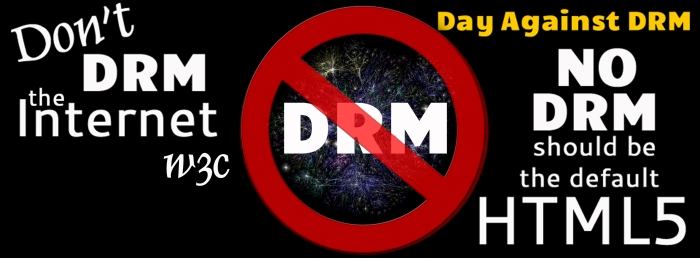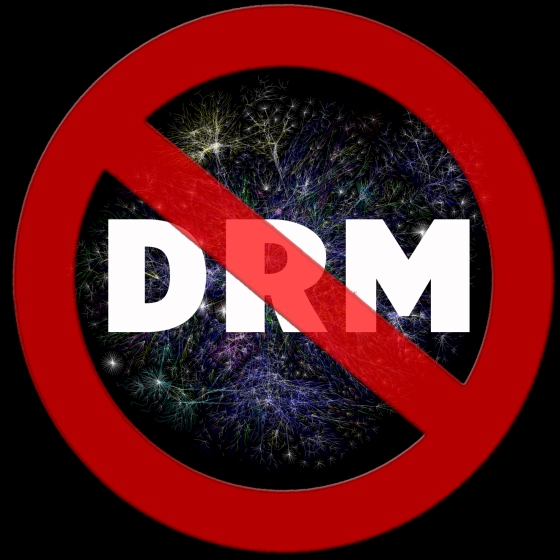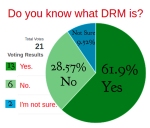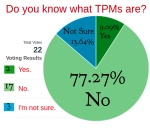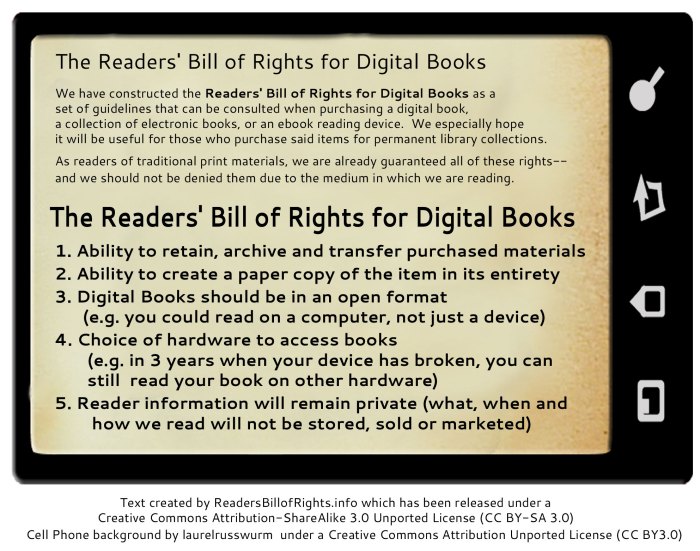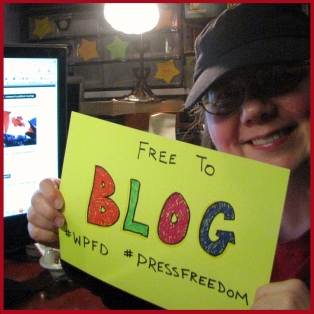 Unesco‘s “World Press Freedom Day 2013” is promoting the idea that people need to be able to use social media for freedom of expression, whether it’s on Facebook, Youtube, Twitter, Vkontakte, Tencent, Identi.ca, or blogs. Many people don’t know that they should be free and safe to blog, to upload pictures, to watch online video., or that the freedom to receive & impart information & ideas through any media is promised by the Universal Declaration of Human Rights.
Unesco‘s “World Press Freedom Day 2013” is promoting the idea that people need to be able to use social media for freedom of expression, whether it’s on Facebook, Youtube, Twitter, Vkontakte, Tencent, Identi.ca, or blogs. Many people don’t know that they should be free and safe to blog, to upload pictures, to watch online video., or that the freedom to receive & impart information & ideas through any media is promised by the Universal Declaration of Human Rights.
As the western free press buckles under the control and demands of powerful special interests, the Internet has made citizen journalism possible just when we need it most. Unfortunately, sometimes people engaging in social media are targeted by repressive regimes.
In Canada, Byron Sonne’s Charter rights were violated by police, and charges were laid against him for posting photographs on Flickr and tweeting concerns about the billion dollar “security theatre” being staged in Toronto for the Toronto G20. He was punitively denied bail for almost a year, and when finally granted bail it was under onerous conditions, so he was effectively a political prisoner for nearly two years.
In Syria, Internet activist Bassel Khartabil has been unjustly detained for over a year, without trial or any legal charges being brought against him.
Since March 15, 2012, our colleague and friend Bassel Khartabil has been in prison in Syria, held without charges and not allowed legal representation. Bassel is an open-source coder and leader of the Syrian Creative Commons program. He believes in the open Internet, and has spent the last ten years using open technologies to improve the lives of Syrians. Not only did Bassel build the CC program in his country; he worked tirelessly to build knowledge of digital literacy, educating people about online media and open-source tools.”

Around the world, we’re seeing increased restrictions on free speech as the breadth of copyright laws have been expanded to allow censorship, and we face an unending barrage of laws like SOPA and CISPA that allow government and corporate incusrions into our personal privacy, and trade agreements like ACTA and CETA.
Unesco is promoting the free exchange of ideas & knowledge that is possible with social media, and wants everyone to have a voice and be able to speak freely and in safety, no matter where they are in the world.
There is a growing awareness that ensuring freedom of expression must also necessarily extend to safety online. World Press Freedom Day 2013 focuses on the theme “Safe to Speak: Securing Freedom of Expression in All Media” and puts the spotlight, in particular, on the issues of safety of journalists, combating impunity for crimes against freedom of expression, and securing a free and open Internet as the precondition for online safety.”
— Safe to Speak: Securing Freedom of Expression in All Media
Which dovetails nicely with the fact today is also the International Day Against DRM. If DRM becomes a built in part of the HTML5, any hope of a free and open Internet will be lost.
DRM restricts the public’s freedom, even beyond what overzealous copyright law requires, to the perceived benefit of this privileged, powerful few.”
DRM is “Digital Rights Management” or “Digital Restrictions Management” ~ either way it is “Technological Protection Measures” employed in the proprietary software and hardware we purchase. DRM controls how we can use our digital media and devices.
This year the W3C is in the process of hammering out the new standard for HTML5, the language that the Internet is written in. Some of the biggest, most powerful Internet corporations are trying to pressure the W3C to write DRM into the specifications. Adding DRM to HTML would cause a host of problems for freedom and interoperability on the Web, and we need to build the grassroots movement against it. Nobody except these big corporations want this change to the core of the Web, but most of the Web users that it would affect don’t know about the issue yet.”
Any DVD player would be able to play any DVD in the world but for region encoding, one example of DRM. If you move to a different region, don’t plan on bringing along your DVD collection, because it won’t play there. DRM is often employed to “protect” digital copies that are under copyright.
Corporations like DRM because it can be used to tie us in to their proprietary products — we need to buy this type of game machine to continue to use the games we’ve already purchased — or buy ink cartridges even though the ones in the printer aren’t actually empty but because the DRM says the ink is past it’s best-before date — or purchase the same music over and over again as digital media wears out or the device is declared obsolete.
A specification designed to help companies run secret code on users’ computers to restrict what they do on the Web would severely undermine that trust. ”
Nothing is stopping these big companies from deploying DRM on their websites now, with the exception of consumer choice. But if DRM is written into the HTML5 Specifications, DRM will become the default, and consumers will lose the few choices we have now. It will become harder to free our devices and ourselves from the shackles of DRM. And I rather expect it will have the unfortunate side effect of breaking the Internet.
You’re welcome to use my Day Against DRM Facebook Cover, my Day Against DRM Twitter Banner or the square “Don’t DRM the Internet” avatar.
Image Credits
Bassel Khartabil by Kristina Alexanderson released under a Creative Commons Attribution 2.0 Generic (CC BY 2.0) License
Map of the Internet – photo by the Opte Project released under a Creative Commons Attribution-NonCommercial-ShareAlike 1.0 Generic (CC BY-NC-SA 1.0) License
Both social media banners, Day Against DRM Facebook cover and Day Against DRM Twitter Banner incorporate the Opte Project Internet Map, tand so are released under a Creative Commons Attribution-NonCommercial-ShareAlike 3.0 Unported (CC BY-NC-SA 3.0) License

